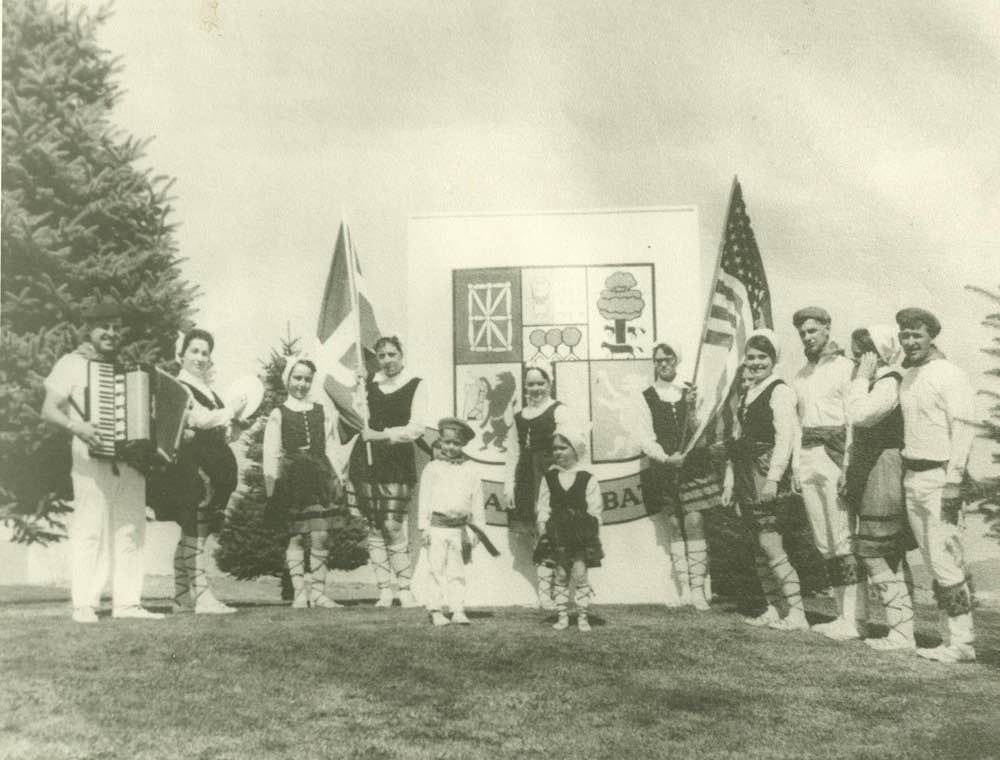This article was translated by John R. Bopp
We’ve been talking for a while about the Folklife Festival that is held at the Smithsonian every year on the National Mall in Washington. Without a doubt, this event is going to be one of the biggest displays of Basque culture in 2016, along with San Sebastian’s being the European Capital of Culture.
The Folklife Festival, since Basque culture is the one invited to it, is going to allow Basques to show off how they’ve maintained their traditions while at the same time been able to become an innovative society. As we’ve commented whenever we get the chance, the opportunity provided by this event to project Basque culture internationally is immeasurable. For a few days, Basques and their culture are going to be in the spotlight of a festival being held in the heart of the American capital.
Also, this event will serve to highlight the presence of the Basque community in that country, as well as strengthen the connection between American Basques and their roots. This display of Basque culture is recognition of Basque culture in the US and what it has contributed to the structure of that nation. Basques in that country may be a very small minority, especially when compared to others, but what the Basques have given the culture of that part of the world, and even in creating and growing it, is significant.
A significant part of this work present the reality of the Basques, without a doubt, should be the responsibility of the Basque community in the US–a well-structured community that has worked very hard to conserve its essence, while at the same time becoming an active part of the society it forms part of.

The Basque community of Elko, Nevada has, thanks to how busy it is (one of its activities is an annual Basque festival, which is the one of the most important of its kind in the Basque community), had a significant presence on our blog. Today, they’re increasing it because we now have confirmation that the Basque dancers, or dantzaris, from Elko, Nevada are going to participate in this summer’s Folklife Festival. Congratulations!
We hope, or rather we’re sure, that the other Basque communities in the US are going to collaborate enthusiastically, and efficiently, in this event, in order to transmit the reality of the Basques throughout the US
We hope that all Basques, from the Adur to the Ebro, from the Philippines to Patagonia, from Australia to Canada, can find time to go to what is sure to be a great party and a great display of Basque culture. Without a doubt, Basque culture is global and is maintained, and updated, by Basques from around the world.
Last Updated on Dec 20, 2020 by About Basque Country





